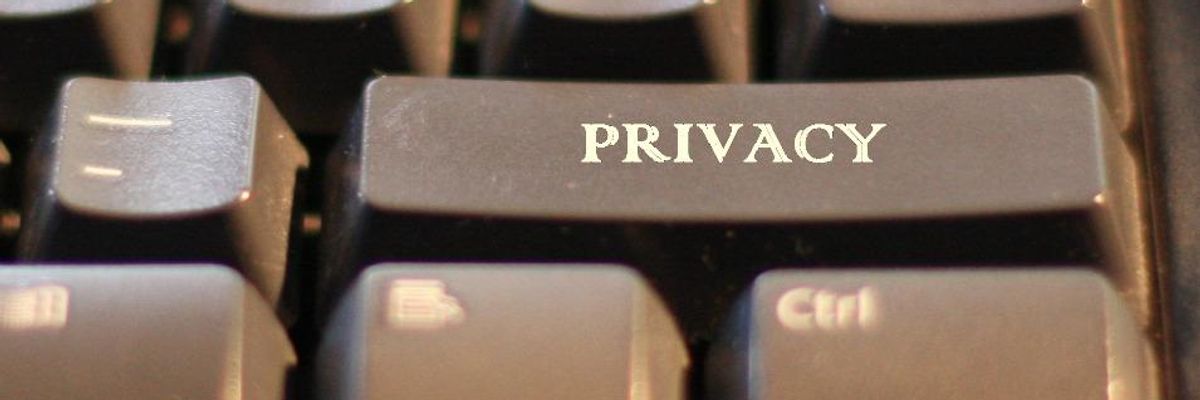Pew released a report on Tuesday detailing the extensive privacy concerns of Americans. The report, which surveyed a nationally representative sample, highlighted their skepticism towards both corporate and government data collection, Americans' enthusiasm for privacy, and Americans' need for more privacy protective tools.
The study follows from previous polls showing the majority of Americans are deeply concerned about their online privacy and specifically concerned about the NSA's activities. In the newly released polls, Pew shows that close to eight in ten American adults are concerned about the government's monitoring of phone calls and Internet communications.
Strong Concerns About Advertisers and Companies
The concerns detailed in the report aren't exclusive to government data collection: users in the survey also fear private companies' data collection. In general, only 12% of respondents believe that advertisers can be trusted to do what is right. And 80% of social networking site users said that they are at least somewhat concerned about third parties such as advertisers or businesses accessing some of the information they share on those sites without their knowledge.
These results underlie one of the survey's more important results:
Fully 91% of adults 'agree' or 'strongly agree' that consumers have lost control over how personal information is collected and used by companies.
This loss of control is reflected in 64% of survey respondents believing the government must do more to regulate advertisers.
Security Community Must Also Do more
The survey also finds that security and privacy advocates need to provide more education about privacy tools. The study reveals that six in ten adults feel as though they "would like to do more" to protect the privacy of their personal information online. And nearly 70% of mobile Internet users and social media users polled "feel as though they 'would like to do more' to protect the privacy of their personal information online." These numbers are why we develop tools to encrypt your communications and fight back against advertisers.
Pew's Numbers Don't Lie
The Pew study should inform the current debate around the NSA's activities as well as the data collection by data brokers and online advertisers. For now, the Pew study is valuable as it confirms what many privacy advocates already believe, but does so with a clear explanation and valuable statistics.

